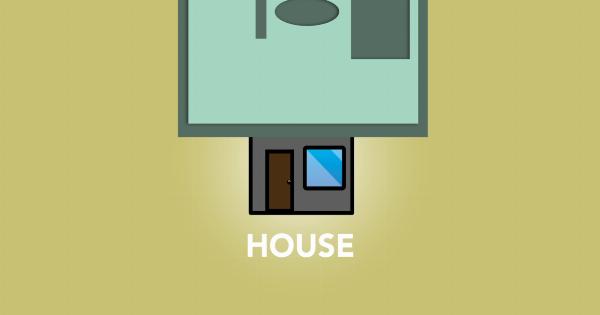When purchasing insurance, one of the primary goals is to protect oneself or one’s property from unforeseen events that could lead to financial loss.
In return for regular payments, the insurance company provides assurance that it will cover the expenses associated with the covered event. However, circumstances arise that may lead to the insurance company going bankrupt, leaving policyholders uncertain about what happens next.
In this article, we will take a closer look at what happens to policyholders if the insurance company goes bankrupt, what their options are, and what steps they can take to protect themselves.
What does it mean when an insurance company goes bankrupt?
When an insurance company goes bankrupt, it means that the company is no longer able to meet its financial obligations. In most cases, the company will file for bankruptcy protection under Chapter 11 or Chapter 7 of the United States Bankruptcy Code.
The bankruptcy court oversees the bankruptcy process and supervises the liquidation of the company’s assets according to the applicable laws.
What happens to policyholders if the insurance company goes bankrupt?
When an insurance company goes bankrupt, policyholders face several potential outcomes:.
1. Policy cancellation or non-renewal
One of the first things that may happen is that the policyholder’s policy is canceled or not renewed.
In most cases, this occurs when the company’s financial troubles are recognized early, and state insurance regulators step in to prevent further losses. The company’s policyholders may be given notice of cancellation or non-renewal, and must seek out alternative insurance coverage.
2. Continued coverage
In some cases, the insurance company may be acquired by another insurer who assumes its obligations. This means that the policyholder’s coverage is continued, but now under the new insurer’s name.
The terms and conditions of the policy may remain the same or may be modified as part of the acquisition agreement. In some cases, the acquired company may no longer write new policies, leaving policyholders to seek alternative insurance in the future.
3. Reduced coverage
In some cases, the acquiring company may agree to continue coverage, but with reduced benefits.
This could be the case if the acquiring company only takes on the portion of the bankrupt company’s assets and may not have the financial resources to maintain the same level of coverage for all policyholders. This may result in the policyholder having to pay more in premiums or obtain additional coverage to maintain the same level of protection.
4. Immediate payout of claims
If the insurance company goes bankrupt and the court determines that the company’s assets need to be liquidated, policyholders may be entitled to an immediate payout of their claims.
However, this is not guaranteed, and the total amount of the payout may be less than what the policyholder was originally entitled to receive. The court may also prioritize certain claims, such as those filed by employees or secured creditors, before paying out policyholders.
What steps can policyholders take to protect themselves?
While there is no surefire way to protect oneself from the risk of an insurance company going bankrupt, there are several steps that policyholders can take to reduce their exposure to financial loss:.
1. Research the insurance company before buying a policy.
Before purchasing insurance from any company, it is important to research the company’s financial stability and ratings from independent rating agencies.
This will help policyholders understand the risk of the company going bankrupt and choose insurers that are less likely to experience financial difficulties.
2. Diversify insurance coverage.
Purchasing different types of insurance coverage from multiple insurers will help spread out the risk of loss in the event one of the insurers goes bankrupt.
3. Purchase from state-licensed insurers.
Purchasing insurance from state-licensed insurers will provide additional legal protections and increase the likelihood that policyholders will receive timely payouts in the event the insurer experiences financial difficulties.
4. Monitor the financial health of the insurance company.
Paying attention to news reports and the financial reports of the insurance company may help policyholders notice early warning signs of financial difficulties. They can then take action proactively, such as seeking alternative insurance coverage.
The Bottom line
In summary, the risk of an insurance company going bankrupt is not something any policyholder wants to face.
In most cases, policyholders will not lose their coverage entirely, but there may be changes in coverage levels, policy terms, or payment schedules. Policyholders should take precautions to protect themselves and stay informed about the financial health of their insurer.



























